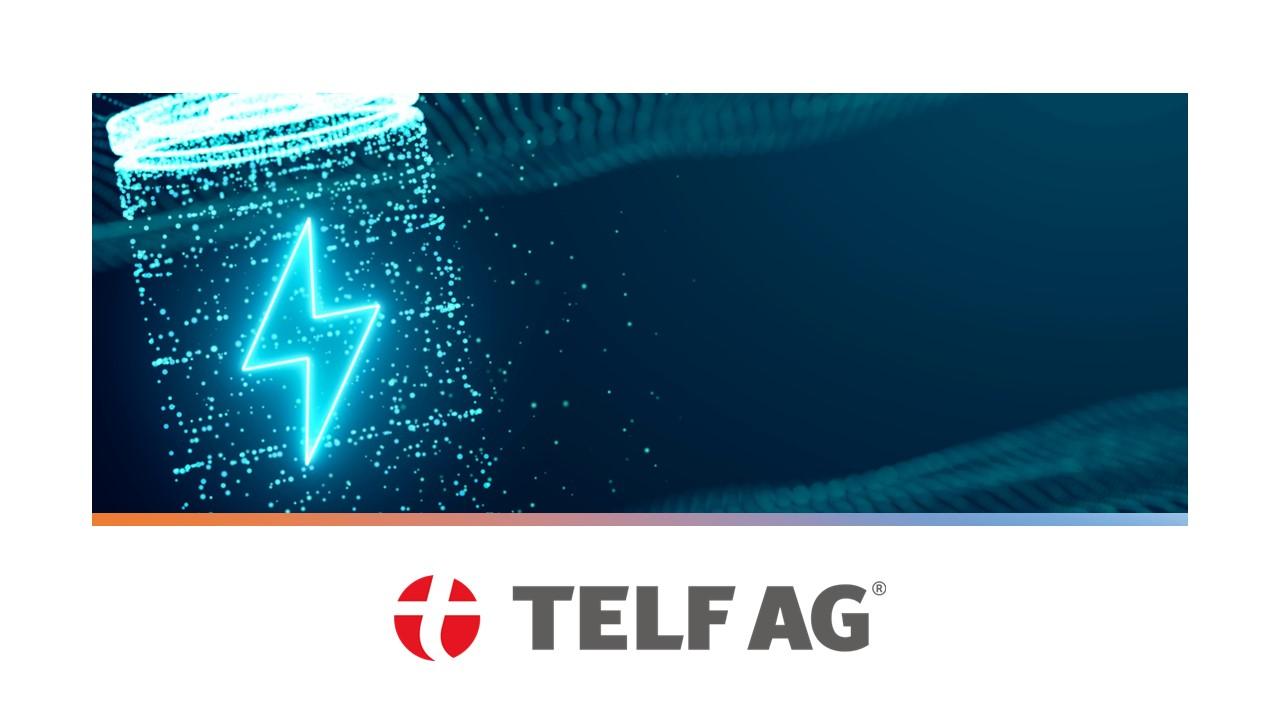Last Updated on: 22nd November 2023, 03:57 am
In recent years, the UK has been moving towards a legally binding commitment of ‘Net Zero’ emissions by 2050[1] and the pressure is on businesses to lead the way by offsetting carbon emissions and minimising their impact on the environment. Current legislation, such as the Clean Growth Strategy and Medium Combustion Plant Directive (MCPD) mean there are already stringent targets to meet, so it’s no surprise that energy efficiency is high up the agenda for most UK businesses.
This also means companies are naturally becoming more energy aware. They’re taking a closer look at how they can become more energy efficient, but are also assessing their fuel supply – with many now on the lookout for cleaner, greener alternatives. This is particularly true for rural businesses operating off the mains gas grid, who still rely on more traditional fossil fuels, such as oil, as their main energy source. This had led to a notable rise in demand for lower carbon, efficient off-grid fuels – ones that can help meet eco targets whilst also providing notable cost savings.
One fuel that has gained considerable traction in recent times is LPG (liquefied petroleum gas). LPG has seen meteoric success due to its versatility and abundance of supply. But how is it helping businesses hit their carbon reduction targets and why are so many making the switch?
LPG
To make sure LPG is right for your business, you’ll first need to understand exactly what it is. As a natural by-product of natural gas and oil extraction (66%), and oil refining (34%), LPG is a blanket term for two types of natural gas: Propane (C3H8) and Butane (C4H10). Whilst similar in chemical makeup, each gas is slightly different making it suitable for different applications. As propane has a lower boiling point, it’s more suitable for outdoor storage and is more commonly used for commercial operations and transport or for domestic heating and cooking. Butane on the other hand, is used mainly for portable applications, such as mobile heaters or to power leisure activities, such as camping, boating and barbeques.
Reducing the impact
One good factor about LPG is that it is an exceptional and efficient source of energy that would otherwise go to waste if not captured. With the lowest carbon footprint of all off-grid fossil fuels, it boasts compelling environmental benefits compared to more traditional fuels, making it perfectly placed to help businesses reduce their carbon emissions. For example, LPG offers significant reductions in nitrogen oxides (NOx) emissions compared to other conventional fuels and emits almost no Particulate Matter (PM)[2] and no black carbon, which is a significant contributor to climate change. It poses no risk to soil or groundwater and is a non-toxic, smoke-free burning fuel, supporting cleaner air quality.
Staying compliant
Due to LPGs cleaner, greener credentials, it is set to play a huge role in helping businesses adhere to carbon reduction legislation. As it stands, the UK government has ambitious plans to reduce emissions nationwide to keep in line with its net zero target by 2050. Whether that’s with its Clean Growth Strategy which aims to decrease emissions whilst promoting economic growth, its Road to Zero strategy, which outlines plans to slash transport emissions, or the Medium Combustion Plant Directive (MCPD), which has been put in place to tacked air pollution – compliance is key. With LPG, businesses can significantly cut their pollutant emissions, helping them meet the reduction targets now in place.
Supply and Efficiency
Furthermore, the abundant supply is another great benefit for businesses. With an extensive network of depots and storage facilities, LPG is readily available, so business owners can rest assured they’ll always have a dependable supply when they need it.
Versatility
LPG is also versatile. With more than 1,000 uses, LPG can be used practically anywhere, plus it’s available in either handy portable cylinders or larger bulk tanks depending on your usage and storage. This makes it suitable for a vast range of different industries and applications – from leisure, hospitality and agriculture to industrial heating and manufacturing processes, even steam generation. For companies that own a fleet of vehicles or those that operative forklift trucks, LPG can also be used a cost effective, efficient fuel supply. You can find a full list of LPG’s uses on the UKLPG website.
Installation
For businesses switching from oil to gas, the process couldn’t be easier. Certain suppliers have engineers who will design a bespoke LPG solution to meet your business’s exact needs.
Boosting your savings
As there are so many benefits to be gained from LPG, it’s clear why so many rural businesses are opting for this alternative fuel supply. Not only is it helping them achieve important eco targets, but there could be potential cost savings to be had when switching from oil. The larger and more energy intensive the business, the greater the impact. Plus, because LPG is cleaner, less maintenance is required, allowing businesses to focus on the day-t0-day logistics and less time waiting on repairs.
[1] https://www.gov.uk/government/news/uk-becomes-first-major-economy-to-pass-net-zero-emissions-law
[2] SAP 2012





